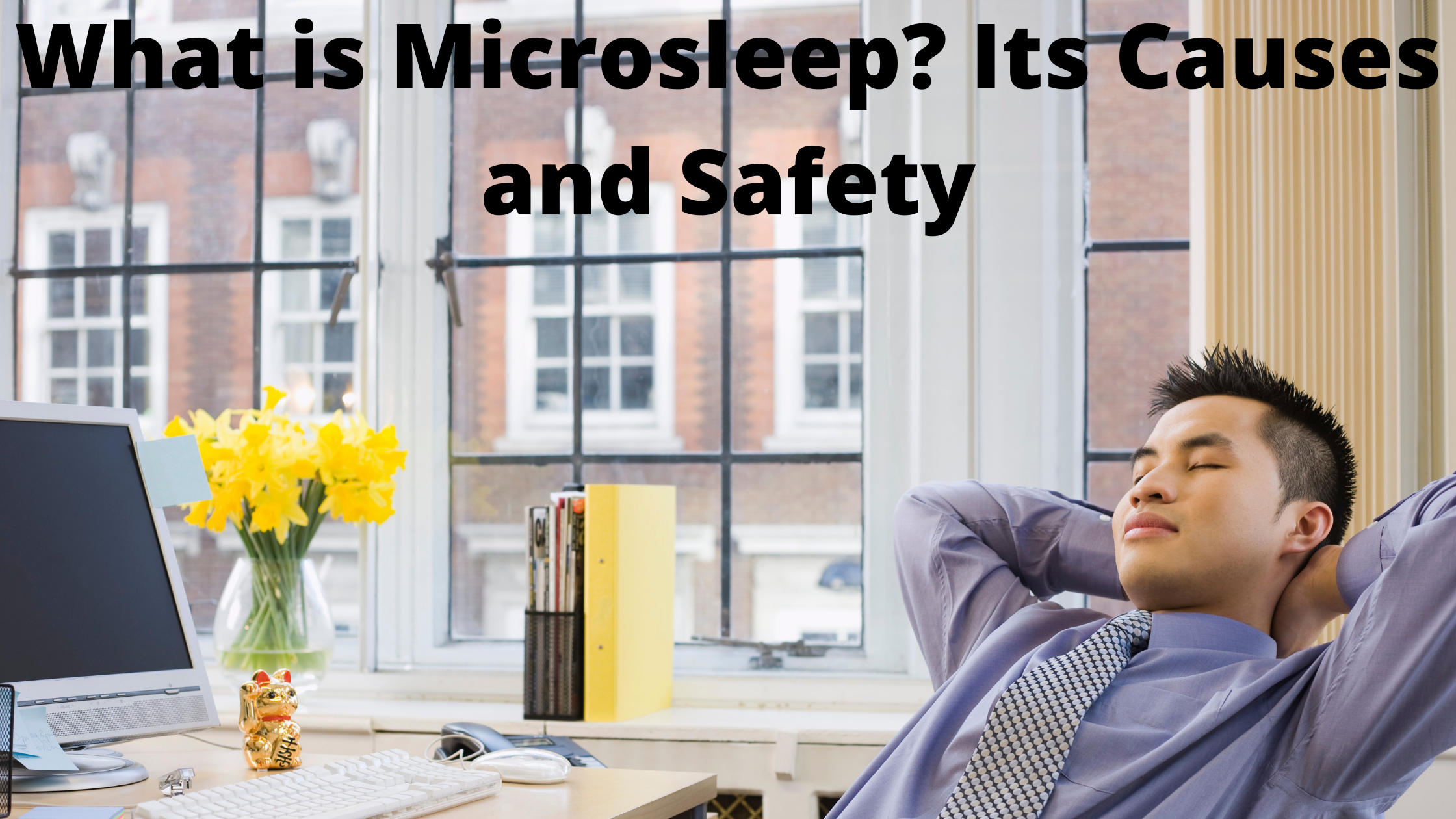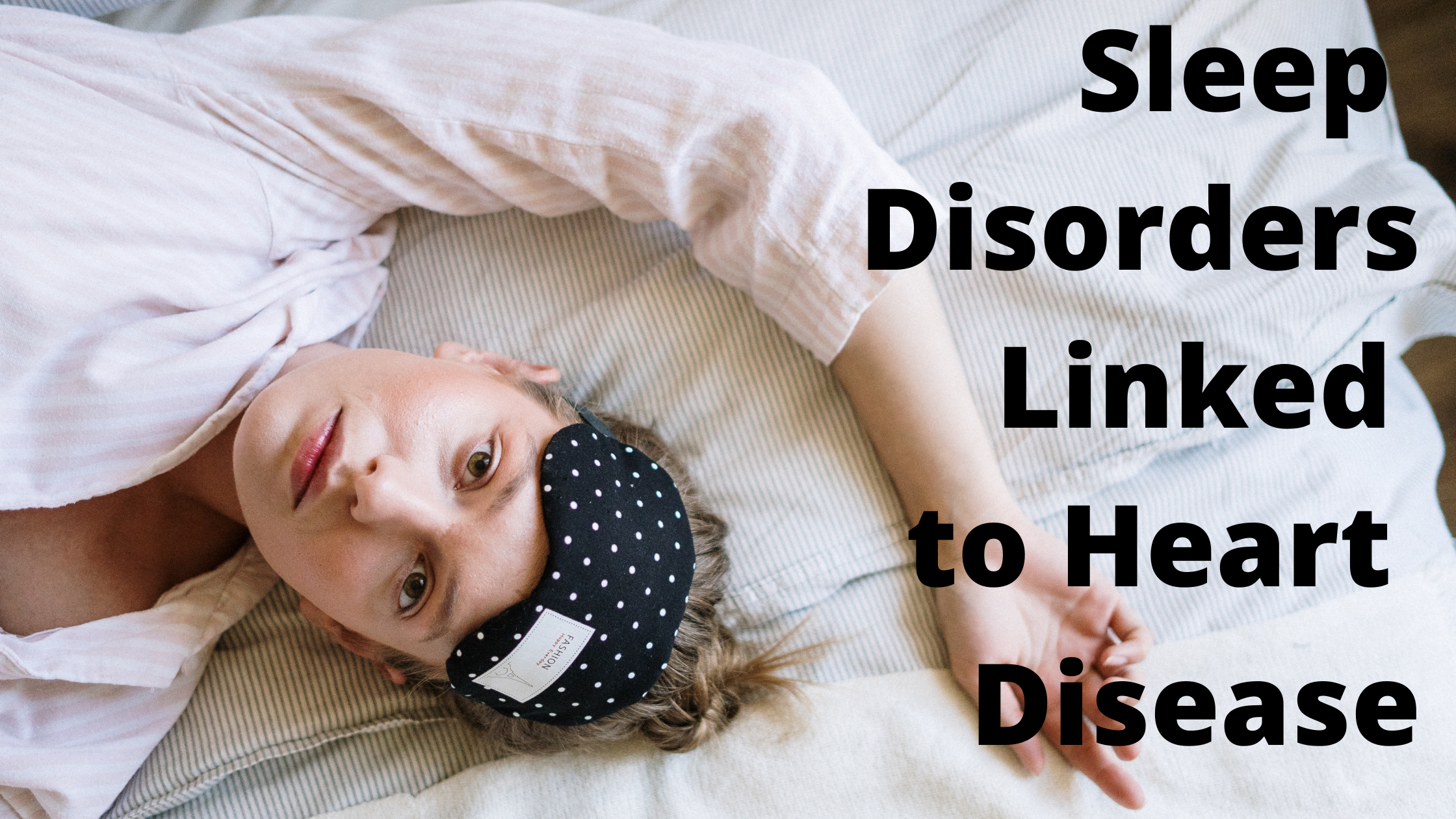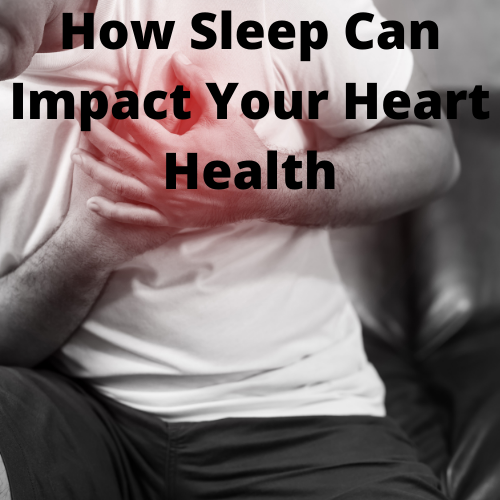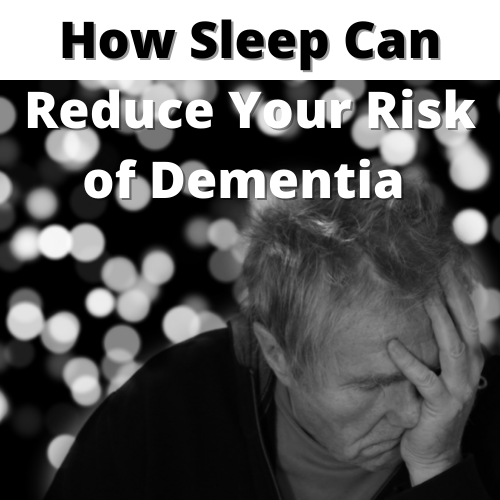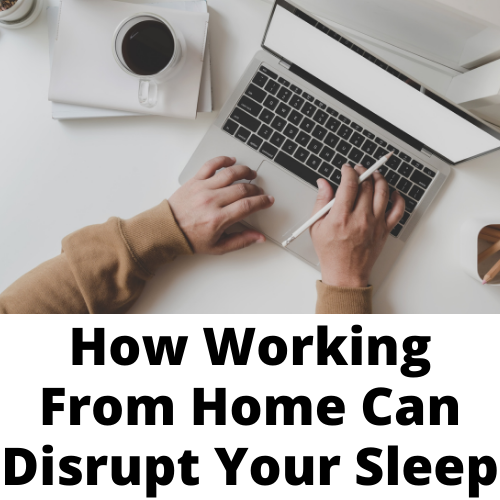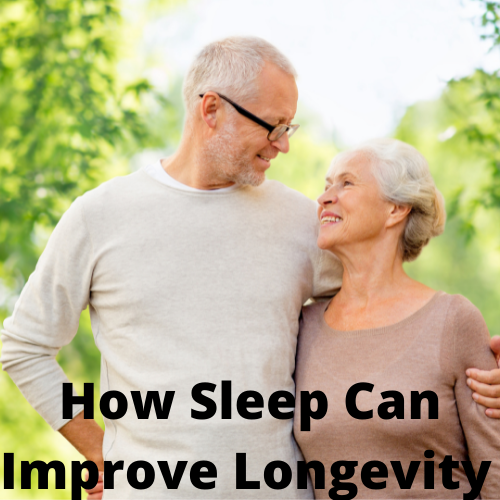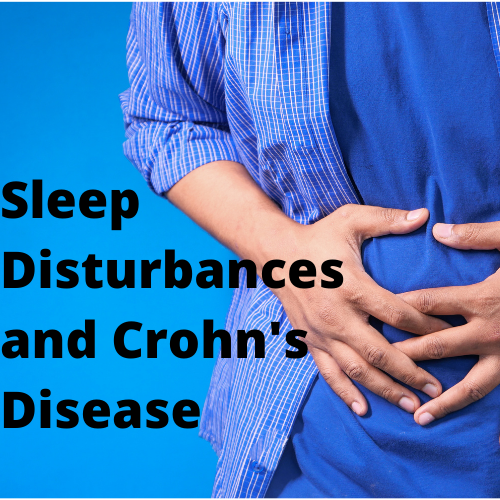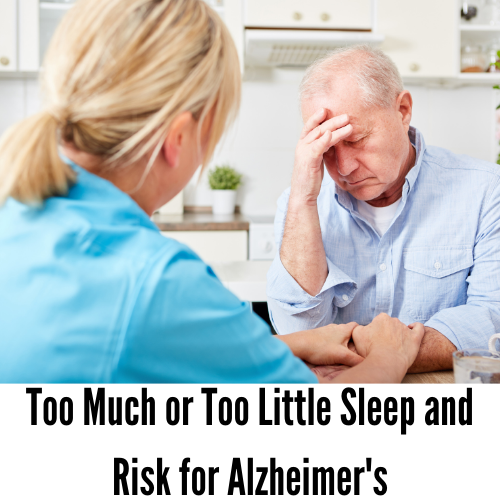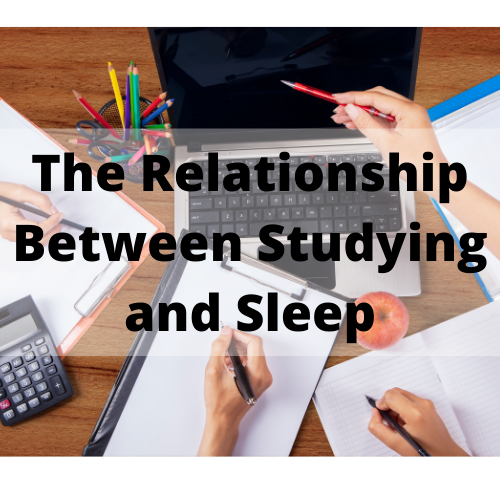Microsleep refers to very short periods of sleep that can be measured in seconds instead of minutes or hours. Even if you have never heard of this term before, you have likely witnessed someone else do it, or have done it you rself. It is where they nod off or keep their eyes open, and they essentially fall asleep for mere seconds.
This normally occurs after sleep deprivation. Because of this, a lot of individuals with abnormal sleep schedules like shift work disorder or OSA might experience them. People who do not have sleep disorders can experience microsleeps too even after a single night of no sleep or sleep deprivation. Continue reading to find out what microsleep is and other components of this super short sleeping session!

